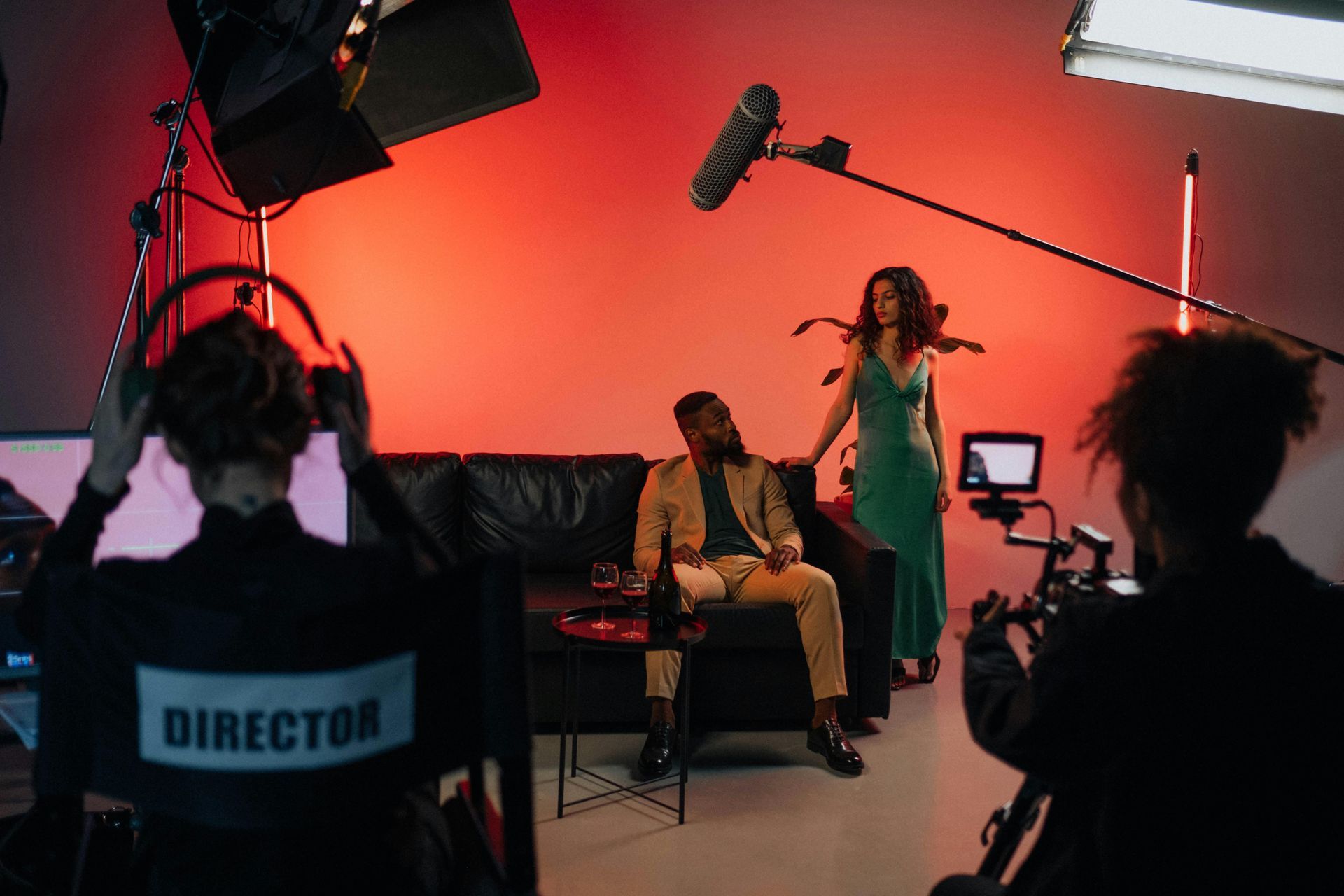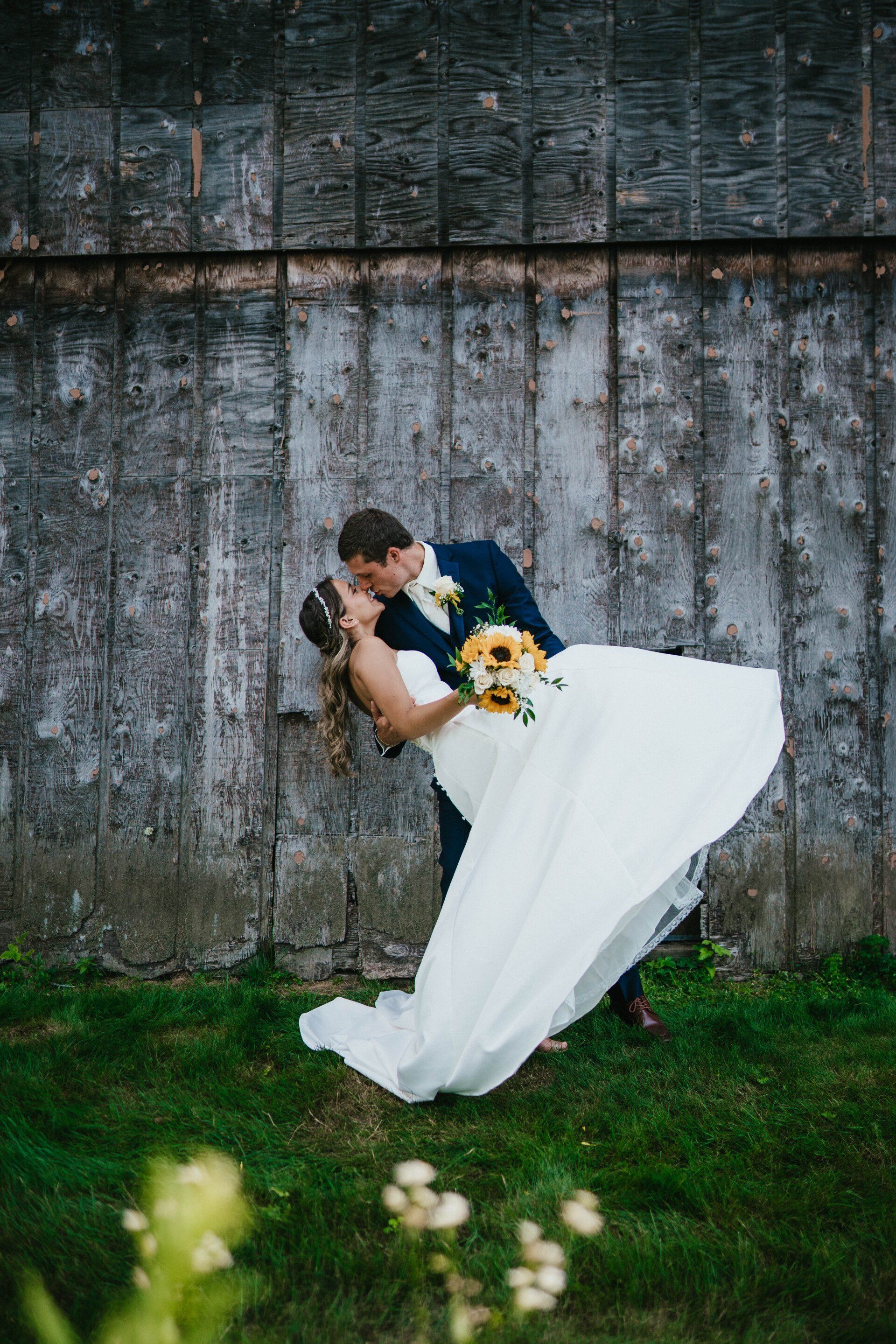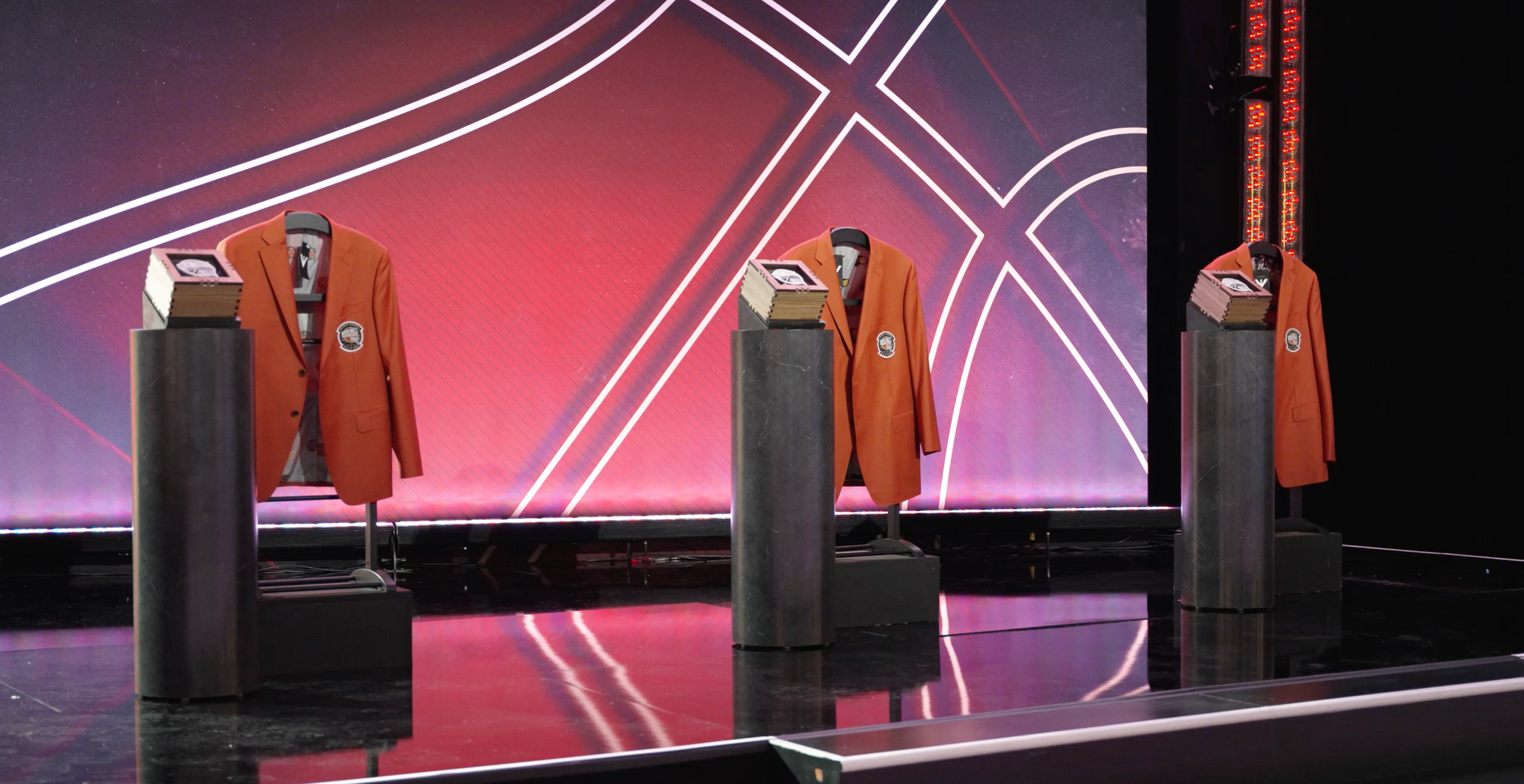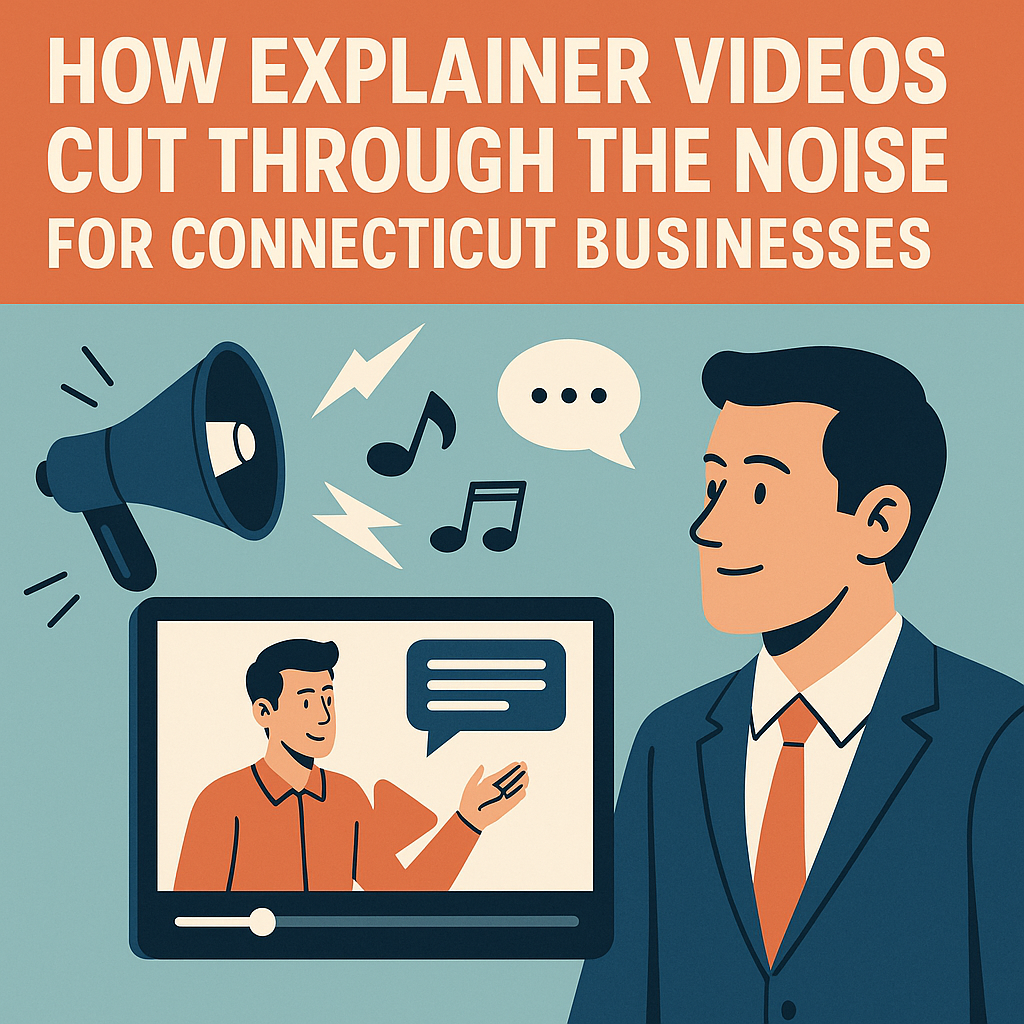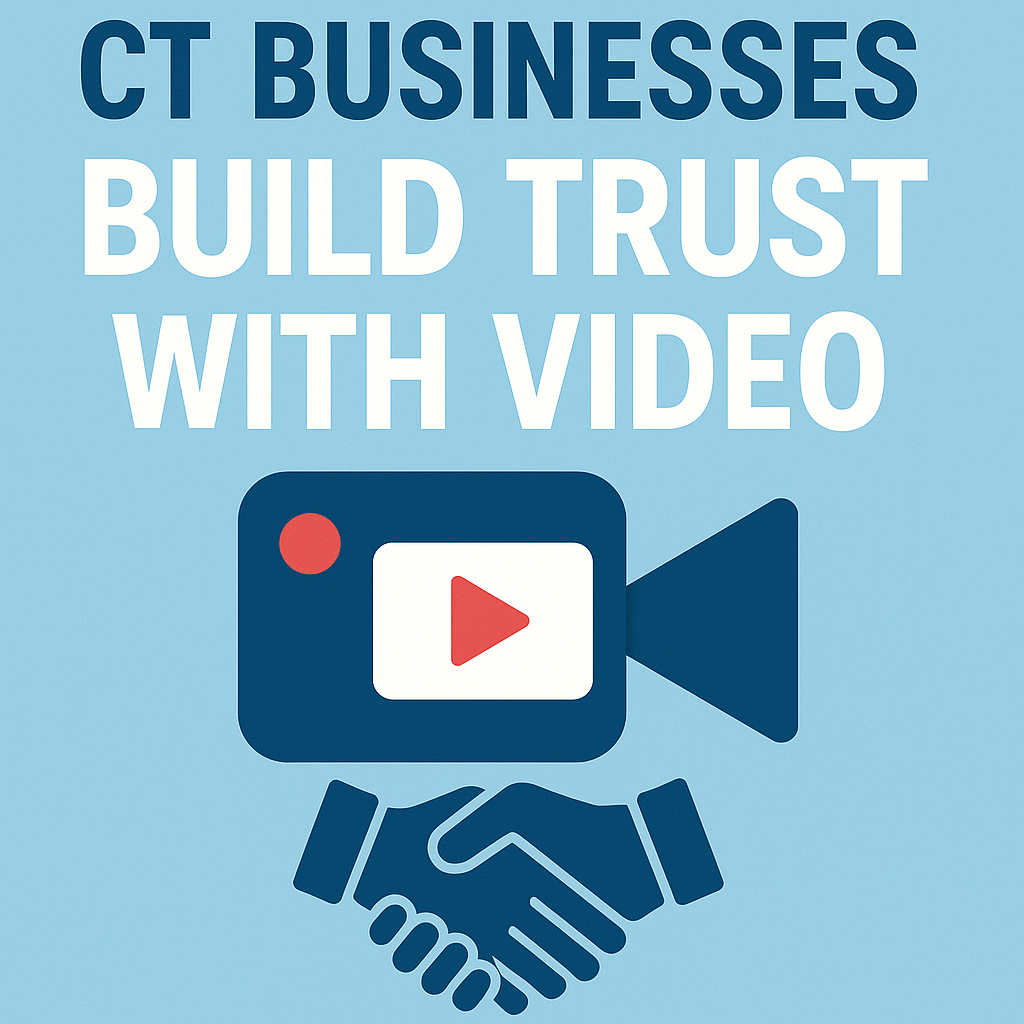Understanding Videography Pricing in Connecticut: What to Expect & Why It Varies
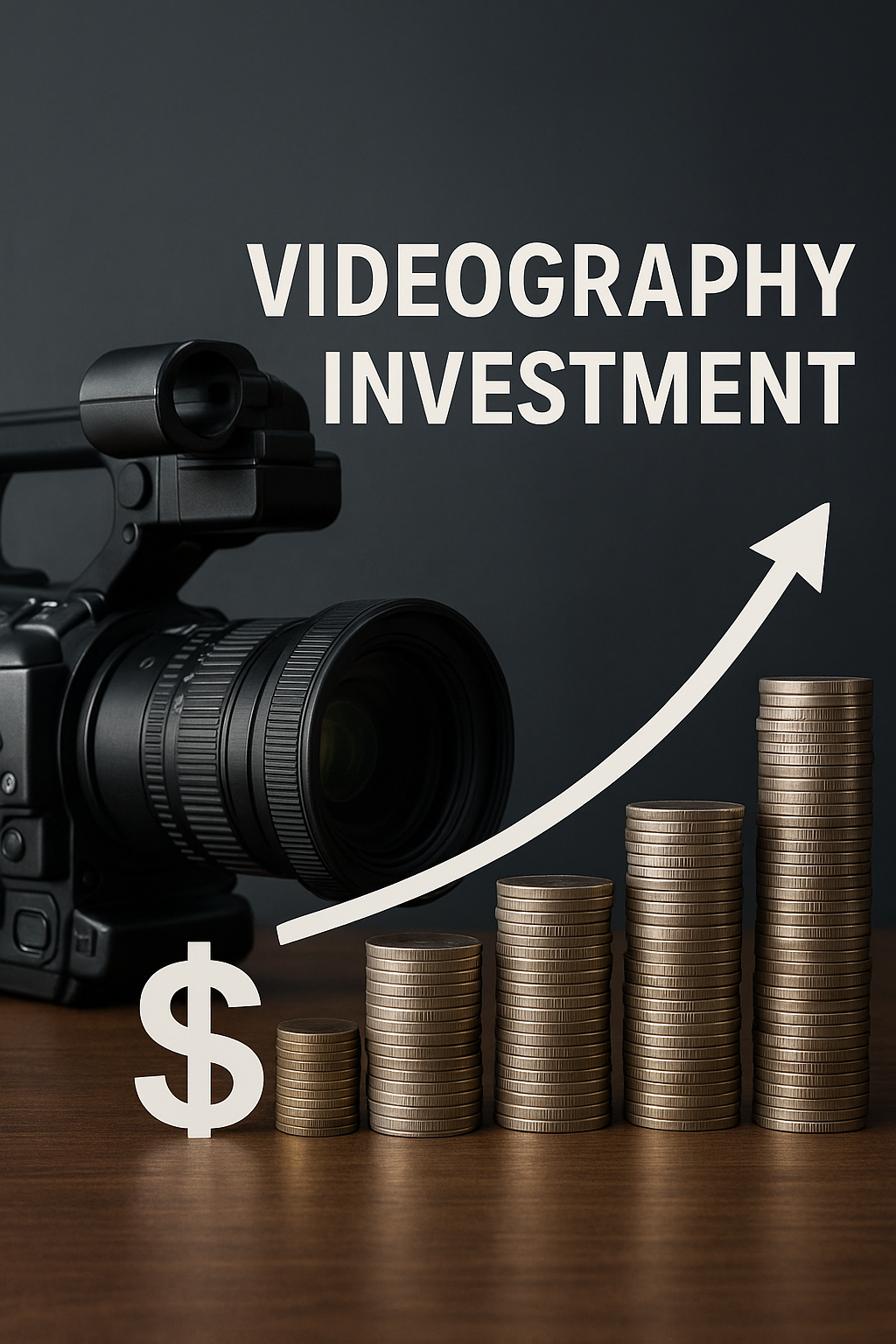
One of the most common questions we hear is, "How much does professional videography cost?" It's a perfectly natural question, whether you're a couple planning your wedding in Fairfield, a small business in New Haven looking to launch a new product, or a large corporation in Hartford seeking to produce a compelling brand story. However, the answer is rarely a simple number.
Videography pricing, particularly in a diverse market like Connecticut, isn't a one-size-fits-all equation. It's influenced by a complex interplay of factors, from the technical demands of your project to the experience of the videographer and the specific deliverables you need. This guide aims to demystify videography costs, offering transparency on what to expect and why prices vary, so you can approach your next video project with confidence and a clear understanding of your investment..
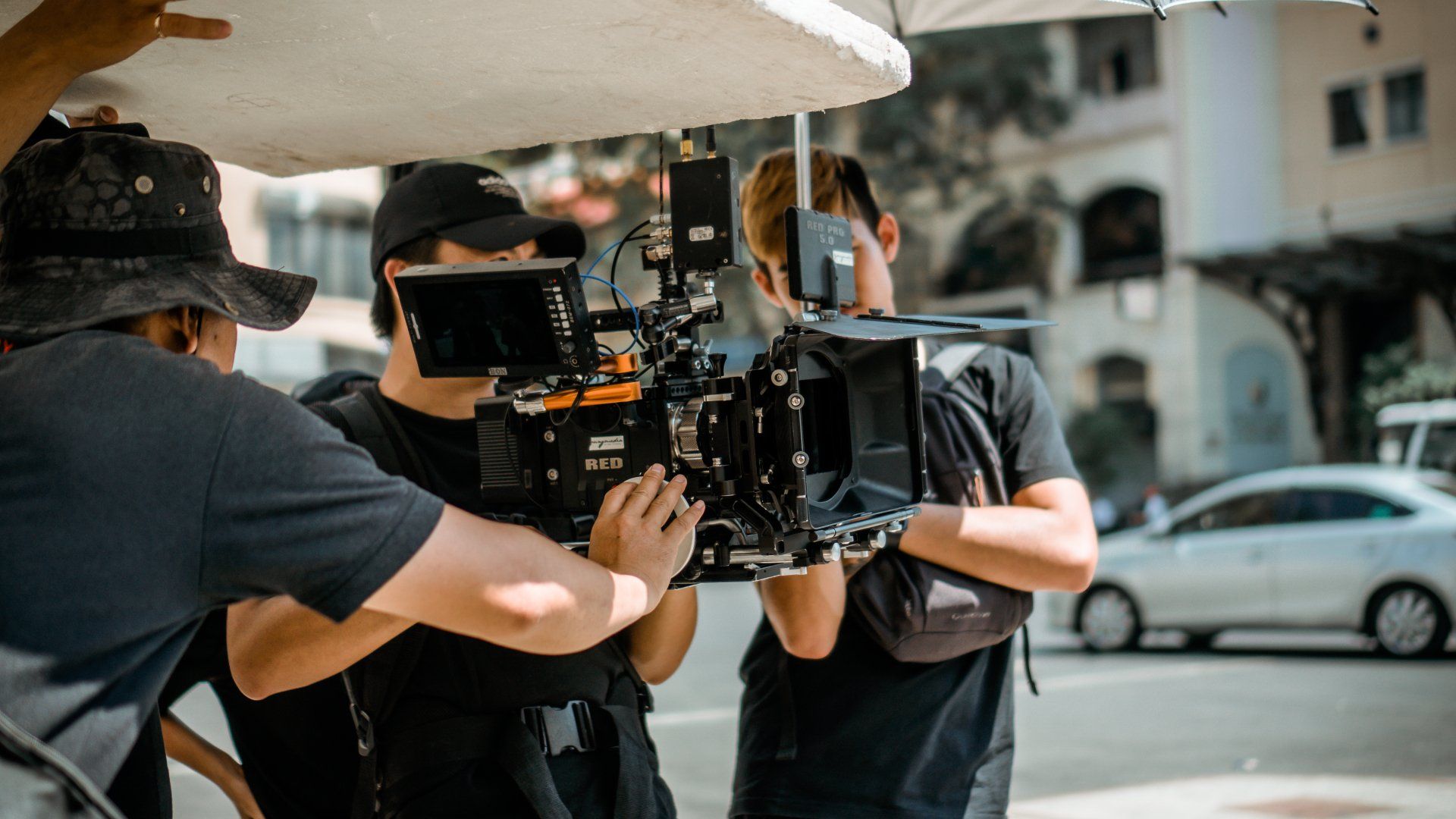
The Core Principle: Value, Not Just Price
Before diving into numbers, it's crucial to understand a fundamental principle: professional videography is an investment, not just an expense. When you hire a skilled videographer, you're not just paying for someone to press record; you're investing in:
- Expertise: Years of training, creative vision, and problem-solving abilities.
- Specialized Equipment: Professional-grade cameras, lenses, lighting, audio gear, and specialized tools like drones or gimbals.
- Time & Labor: Hours spent on planning, shooting, editing, and post-production.
- Strategic Storytelling: The ability to craft a narrative that resonates with your audience and achieves your specific goals.
- Measurable ROI: For businesses, a well-produced video can lead to increased brand awareness, higher engagement, more leads, and ultimately, a significant return on your investment.
A lower price often means compromises in one or more of these areas, potentially leading to a video that fails to meet your objectives or, worse, reflects poorly on your brand.
Key Factors That Influence Videography Pricing in Connecticut
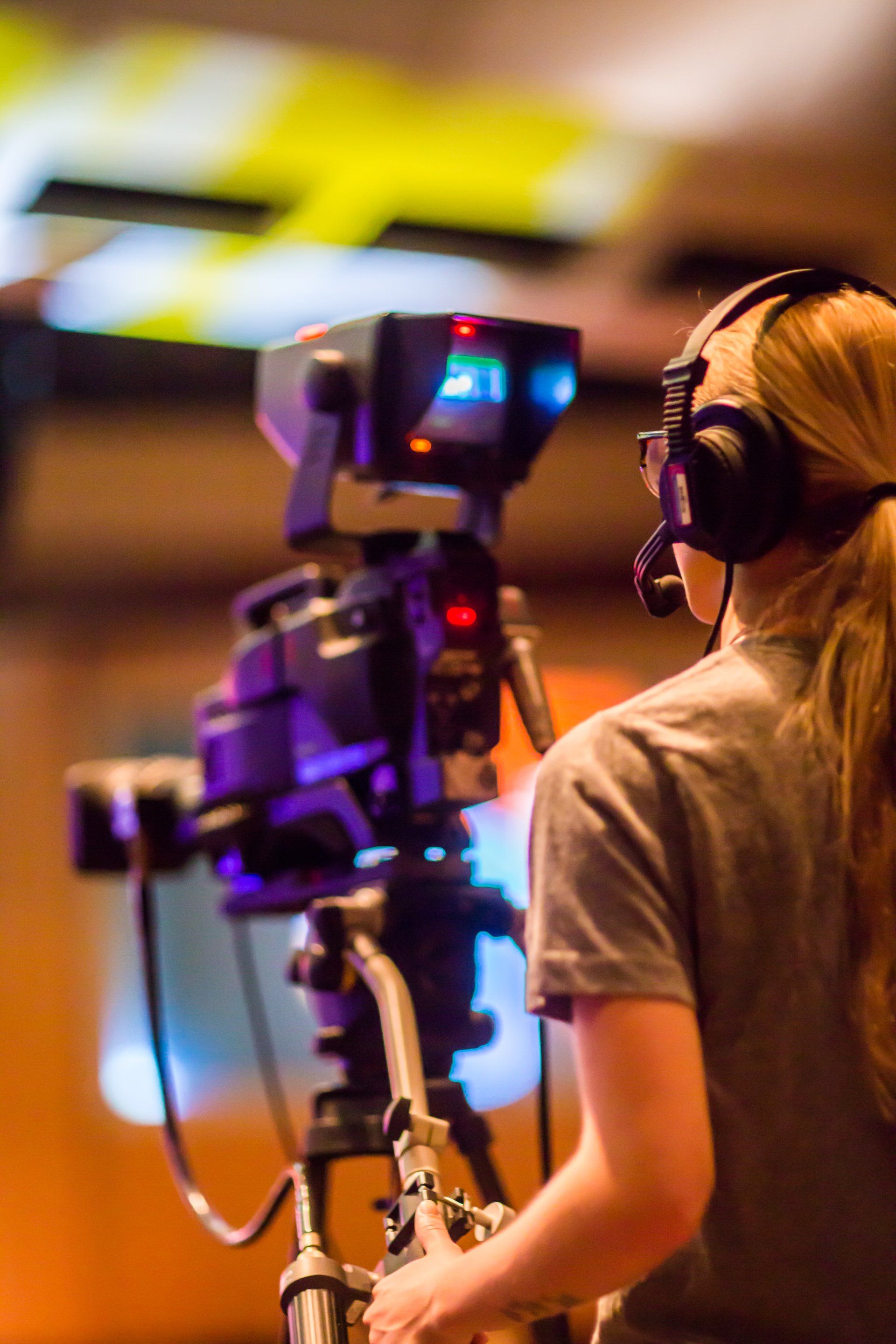
While every project is unique, several common factors consistently shape the final cost of videography services in Connecticut. Understanding these will help you articulate your needs and compare quotes effectively.
1. Project Scope & Complexity
This is arguably the biggest driver of cost. The more intricate and demanding your project, the higher the investment.
- Video Type: Different types of videos demand different resources.
- Wedding Videography: Often priced by packages based on hours of coverage and deliverables (e.g., highlight film, full ceremony edit).
- Corporate Videos: Can range from simple interview setups for client testimonials to multi-day, multi-location shoots for elaborate brand films. (For a deeper dive into types, see:
"The Strategic Power of Corporate Videography: A Connecticut Business's Definitive Guide").
- Event Videography: Varies based on event duration, number of key moments to capture, and desired final video length.
- Commercials: Typically the highest end due to creative development, talent, complex production, and broad usage rights.
- Length of Final Video: A 60-second social media ad requires less production and post-production time than a 10-minute documentary-style piece.
- Number of Locations: Each new location adds travel time, setup/teardown time, and potentially location fees or permits. Filming across various scenic spots in Litchfield County will cost more than a single studio shoot in New Britain.
- Number of Shoot Days/Hours: More time on set means more labor, equipment rental (or depreciation), and logistics.
- Size of the Crew: A solo videographer is more affordable than a team consisting of a director, cinematographer, sound engineer, lighting technician, and production assistants. Larger, more complex projects often necessitate a larger crew for efficiency and specialized tasks.
- Talent & Actors: Hiring professional actors, voice-over artists, or even specific models adds significant cost, including their fees and usage rights.
2. Production Value & Equipment
The quality of the final product is directly tied to the tools and techniques employed.
- Camera Gear: Standard HD cameras versus high-end 4K or cinematic cameras. The latter offers superior image quality, dynamic range, and flexibility in post-production.
- Lighting & Audio Equipment: Professional lighting setups can dramatically improve visual quality. High-fidelity audio recording is crucial for clear dialogue and professional sound, often requiring dedicated microphones and sound mixers.
- Specialized Gear:Drones: For stunning aerial shots of Connecticut's landscapes or commercial properties. Adds cost due to specialized equipment, pilot licensing, and flight time.
- Sliders, Gimbals, Cranes: For smooth, cinematic movements.
- Teleprompters: Essential for presenters or spokespeople.
- Post-Production Complexity: This is where raw footage transforms into a polished story.
- Editing Hours: The bulk of post-production cost. More complex edits, multiple camera angles, or intricate storytelling require more time.
- Motion Graphics & Animation: Custom graphics, text overlays, lower thirds, or full animated explainers significantly increase post-production time and specialized skill.
- Color Grading: Professional color correction and grading ensure a consistent, cinematic look.
- Sound Design & Mixing: Enhancing audio, adding sound effects, and professional mixing for clarity and impact.
- Music Licensing: Using copyrighted music for commercial projects requires licensing fees, which vary widely. Royalty-free options are available but may limit creative choice.
3. Experience & Expertise of the Videographer
Just like any other professional service, experience commands a higher rate.
- Junior vs. Senior Professionals: Newer videographers may offer lower rates to build their portfolio, while highly experienced professionals with a proven track record, extensive client lists, and a strong brand command premium fees.
- Specialization: A videographer who specializes in, say, high-end medical explainer videos or complex documentary filmmaking will often charge more than a generalist, due to their unique expertise and efficiency in that niche.
- Reputation & Demand: A videographer with a strong reputation in Connecticut (and beyond), backed by glowing testimonials and a booked calendar, will naturally have higher rates due to demand for their services.
4. Usage Rights & Licensing
How and where you intend to use the final video impacts its cost.
- Commercial vs. Personal Use: Videos intended for widespread commercial use (e.g., TV ads, national online campaigns) typically incur higher licensing fees than those for internal training or personal events.
- Geographic & Time Restrictions: Do you need to use the video globally, regionally, or just in Connecticut? For how long? Broader or longer usage rights command higher fees.
- Talent & Music Licensing: As mentioned, fees for actors and specific music tracks can vary based on usage.
5. Deliverables & Revisions
What you receive at the end of the project and how many changes you can make.
- Raw Footage: Do you receive the raw, unedited camera files? This is often an add-on cost.
- Number of Final Video Versions: Do you need a main video, a shorter social media cut, and a vertical version for Reels? Each additional version requires extra editing.
- Included Revision Rounds: Most videographers include 1-2 rounds of revisions. Extensive or multiple additional revisions will incur extra charges.
6. Location-Specific Costs (Connecticut Considerations)
While many factors are universal, the local market in Connecticut does play a role.
- Cost of Living: The general cost of doing business and living in Connecticut can influence overheads. Rates might be slightly higher in areas like Fairfield County than in more rural parts of the state.
- Permits: Filming in public parks, city streets, or specific historical sites in Connecticut might require permits, which have associated fees and lead times. A local videographer will be familiar with these processes.
- Travel within CT: While often included for local projects, extensive travel across the state (e.g., from Greenwich to New London) might incur mileage or time-based charges.
Common Videography Pricing Models in Connecticut
Videographers typically offer their services through a few common pricing structures:
1. Hourly / Day Rates
- Best For: Smaller, less complex projects, specific tasks (e.g., just filming B-roll, a short interview, additional editing hours beyond a package).
- What to Expect: Hourly rates for videographers in Connecticut can range from
$75 - $250+ per hour, depending on their experience and the equipment required. Day rates typically reflect 8-10 hours of work.
- Pros: Flexibility for clients, clear cost per unit of time.
- Cons: Can be difficult for clients to estimate total cost upfront, scope creep can lead to unexpected bills.
2. Project-Based / Flat Fees
- Best For: Clearly defined projects with a predictable scope (e.g., a 2-minute explainer video, a half-day event highlight film).
- What to Expect: This is the most common model for corporate and event videography. A simple 1-2 minute corporate video might start from
$1,500 - $3,500+, while more complex projects with multiple shoot days, extensive graphics, or high production value can range from
$5,000 to $15,000+ or significantly higher for major campaigns.
- Pros: Price certainty for the client, aligns the videographer's focus on delivering the project regardless of minor time fluctuations.
- Cons: Requires a very clear project brief upfront to avoid miscommunication and potential additional charges.
3. Package Deals
- Best For: Common for wedding videography, but also offered for specific corporate needs (e.g., "social media video package," "basic testimonial package").
- What to Expect: Wedding videography packages in Connecticut can typically range from
$2,500 to $6,000+, varying widely based on hours of coverage, number of videographers, and types of deliverables (e.g., highlight film, full ceremony, raw footage).
- Pros: Often provides good value by bundling common services, simpler decision-making for clients.
- Cons: May include services you don't need, or lack customization for unique requirements.
4. Retainer Models
- Best For: Businesses with ongoing video content needs (e.g., monthly social media videos, quarterly update videos).
- What to Expect: A recurring monthly fee for a set amount of video production services.
- Pros: Consistent access to videography services, builds a long-term strategic partnership, often more cost-effective over time for high-volume needs.
- Cons: Requires a longer-term commitment.
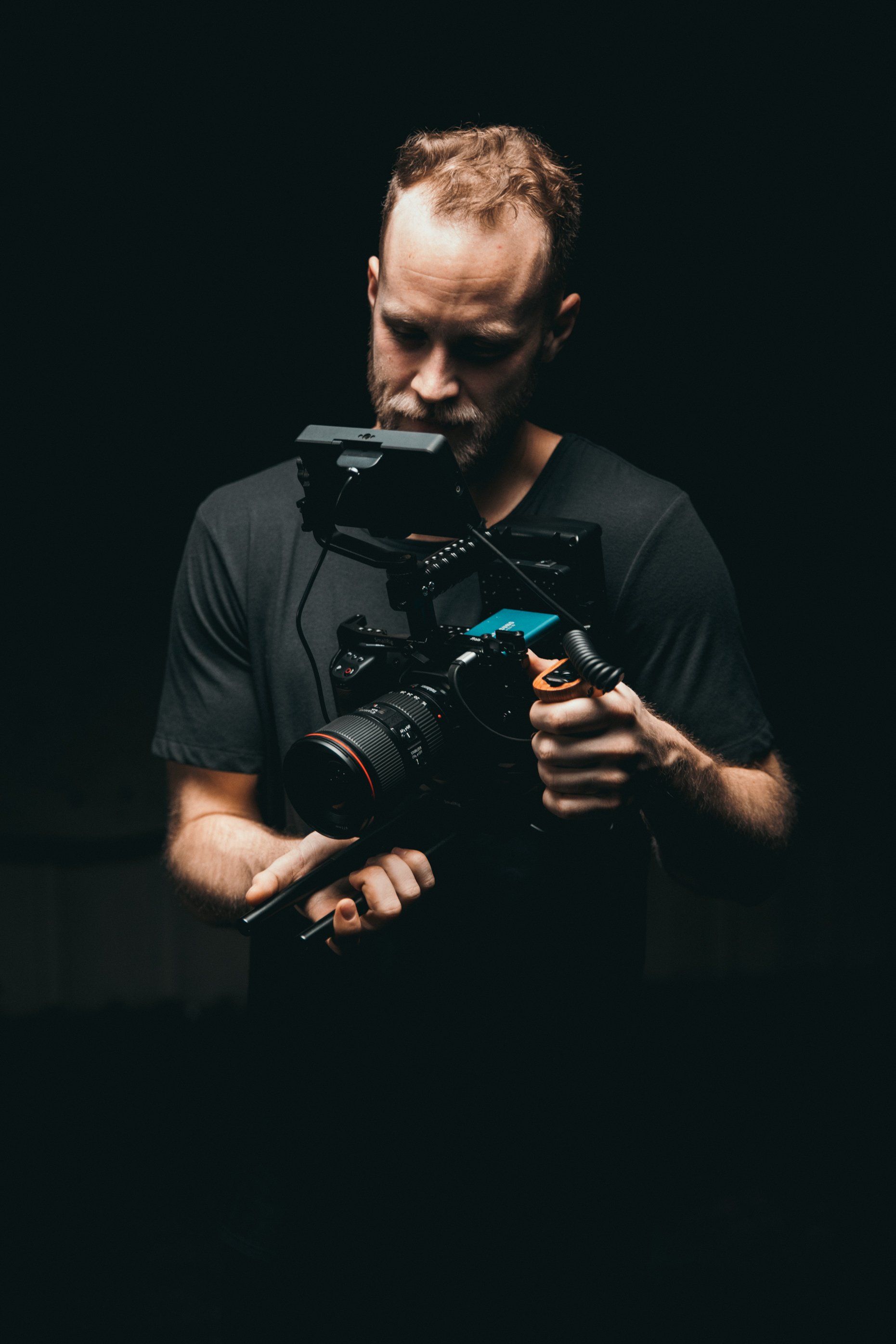
How to Get an Accurate Quote from a CT Videographer
To receive a realistic and accurate quote, transparency and a clear brief are your best friends. As discussed in our guide on
"How to Choose the Right Corporate Videographer in Connecticut: A Step-by-Step Guide", clear communication is paramount.
- Define Your Needs Clearly: The more details you provide about your project's purpose, audience, desired style, length, locations, and ideal timeline, the more accurate the quote will be.
- Be Transparent About Your Budget: While some are hesitant to share a budget, providing a realistic range helps videographers propose solutions that fit your financial parameters from the outset, saving time for both parties.
- Ask for Itemized Proposals: A detailed breakdown of costs (e.g., pre-production, filming, post-production, equipment, travel, licensing) helps you understand where your money is going and compare proposals effectively.
- Inquire About Inclusions & Exclusions: What exactly is covered in the quoted price? Are revisions included? What about travel outside a certain radius? Any potential hidden fees?

Red Flags to Watch Out For
While seeking value, be wary of deals that seem "too good to be true."
- Extremely Low Prices: If a quote is significantly lower than others, it often indicates inexperience, compromised equipment, rushed work, or a lack of proper insurance/licensing. You get what you pay for.
- Lack of Clear Contract/Deliverables: A professional videographer will provide a detailed contract outlining all services, timelines, payment schedules, and deliverables.
- No Portfolio or Generic Samples: Always insist on seeing a robust portfolio of their work, ideally relevant to your project type.
Conclusion: Investing Wisely in Your Visual Story
Understanding videography pricing in Connecticut is about recognizing that you're investing in a powerful tool for communication and growth. The cost reflects the skill, equipment, time, and strategic thinking required to produce high-quality video content that truly stands out.
By understanding the factors that influence pricing, the different models available, and how to effectively communicate your needs, you can confidently navigate the market. Your goal isn't just to find the cheapest videographer, but the right partner who can deliver exceptional value, transforming your vision into compelling visuals that achieve your objectives and drive your success in the vibrant Connecticut landscape.
Ready to transform your business narrative and drive real results in Connecticut?
You've explored the immense potential of corporate videography. Now, let's discuss how tailor-made video content can elevate your brand, connect with your audience, and achieve your specific business objectives right here in Connecticut.




